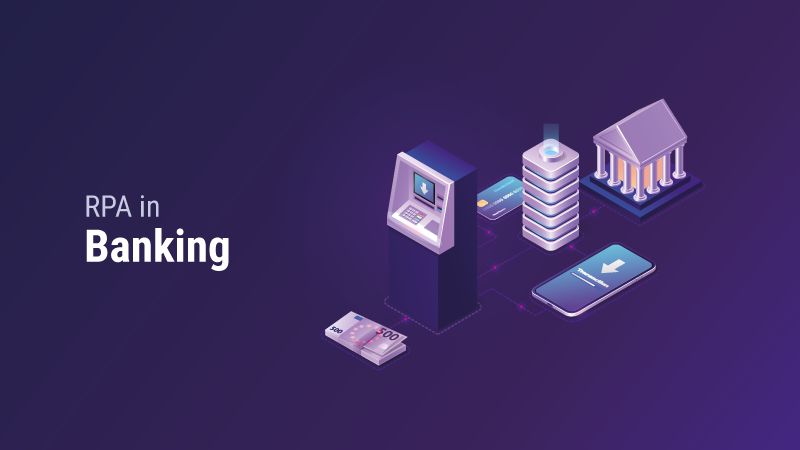
Robotic Process Automation (RPA) is revolutionizing the banking industry by unlocking new levels of efficiency and transforming the way tasks are performed. RPA is a technology that uses software robots or artificial intelligence (AI) to automate repetitive tasks, streamline processes, and reduce human intervention in various industries, including banking. In the highly competitive and fast-paced environment of banking, efficiency is key, and RPA is proving to be a game-changer by enhancing operational productivity and improving customer service.
One of the primary benefits of RPA in the banking industry is its ability to automate manual, time-consuming tasks such as data entry, account reconciliation, and compliance monitoring. By implementing RPA, banks can significantly reduce the time and resources required to perform these tasks, allowing employees to focus on more strategic and high-value activities. This not only increases efficiency but also improves accuracy and compliance by minimizing the risk of human error in critical processes.
RPA also plays a crucial role in enhancing customer service and satisfaction in the banking sector. With RPA, banks can automate customer onboarding processes, loan approvals, and account management, providing customers with faster and more personalized services. By reducing the processing time for various transactions and requests, banks can offer a seamless and efficient customer experience, leading to higher customer retention and loyalty. RPA also enables banks to analyze customer data more effectively, allowing them to tailor products and services to meet the individual needs and preferences of customers.
Another significant impact of RPA in banking is cost savings. By automating repetitive tasks, banks can reduce operational costs and allocate resources more efficiently. RPA eliminates the need for manual interventions in routine processes, resulting in lower error rates and higher productivity. In addition, RPA can operate 24/7, unlike human employees, leading to increased productivity and cost-effectiveness. By lowering costs and improving operational efficiency, banks can allocate resources to strategic initiatives and innovation, driving growth and competitive advantage in the industry.
RPA also plays a crucial role in improving regulatory compliance in the banking sector. Compliance requirements are stringent and constantly evolving, making it challenging for banks to stay updated and ensure adherence to regulations. RPA can help banks automate compliance monitoring, reporting, and audit processes, ensuring that they meet regulatory requirements and avoid costly penalties. By leveraging RPA technology, banks can enhance their risk management practices and maintain transparency and accountability in their operations.
Furthermore, RPA technology can be seamlessly integrated with existing banking systems and applications, allowing for a smooth transition and implementation process. Banks can customize RPA solutions to meet their specific needs and requirements, ensuring a tailored and efficient automation strategy. RPA can work in conjunction with other technologies such as artificial intelligence (AI) and machine learning to further enhance automation capabilities and drive innovation in the banking industry.
As the banking industry continues to evolve and adapt to changing market dynamics and customer preferences, the role of RPA in driving efficiency and transformation becomes increasingly crucial. By embracing RPA technology, banks can streamline processes, enhance productivity, reduce costs, and improve customer service, ultimately gaining a competitive edge in the market. As a result, more and more banks are investing in RPA solutions to unlock new levels of efficiency and accelerate their digital transformation journey.
In conclusion, RPA is transforming the banking industry by unlocking efficiency, driving innovation, and improving customer experiences. By automating repetitive tasks, enhancing operational productivity, and ensuring regulatory compliance, RPA is revolutionizing the way banks operate and deliver services. As banks continue to leverage RPA technology to enhance their processes and capabilities, the industry is poised for significant growth and advancements in the years to come. With RPA at the forefront of banking transformation, the future looks bright for the industry, as it continues to redefine efficiency and customer-centricity in a rapidly evolving digital landscape.